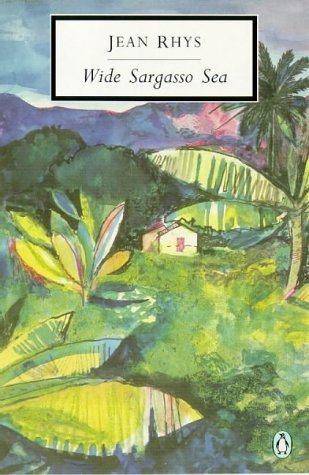Truth and Magic
The British choral tradition is one of the glories of the musical world. The model provided by British composers, conductors, and choirs has influenced choral singing by setting standards not only in regions and nations directly impacted by Britain’s colonial history, but in other countries and cultures, as well. Chorale has devoted concerts to several national and regional traditions over its twenty plus years of singing together. But, beyond a few pieces here and there, we have skirted English music— an enormous omission, relative to the amount of first-rate English repertoire available to us.
The time has come. Chicago Chorale will present The Magic and the Dream, an all-English program, June 10-11, including a selection of a cappella masterpieces from the Elizabethan era (William Byrd), the Restoration (Henry Purcell), the Classic-Romantic period (Robert Pearsall and Charles Stanford), and the modern era, featuring William Walton, Herbert Howells, and the very contemporary female composer Kerensa Briggs. An especially beautiful portion of the program will be devoted to Howell’s Requiem, a work Chorale has performed twice in the past and is thrilled to revive for these concerts.
Chorale leadership had no idea England would be crowning a new king, when we decided on this program. We were aware, certainly, of the lively discussion underway, concerning England’s role in the colonization, misogyny, and exploitation that has dominated world history for the past 500 years; and we had planned to address this in some way, in our programming and commentary. But we had not planned on the degree to which the conservative, traditional character of England’s royal family and ruling class, contrasted with the habits and attitudes of their subjects, would become the subject of wide-ranging discussion and criticism, just as we were preparing our concert. The British choral tradition reflects the heart and soul of English history and civilization; inevitably, it also is the center of intense focus and scrutiny during this time of cultural self-reflection and change.
Almost a year ago, I asked Justin Flosi, a former Chorale member and astute observer of today’s cultural shifts, for help in identifying a theme around which to structure our program. He responded as follows:
“In British-Dominican author Jean Rhys’ novel, Wide Sargasso Sea, the author imagines a haunting and passionate backstory for the madwoman in the attic from Charlotte Brontë’s Jane Eyre— Mr. Rochester’s insane first wife, a native woman he brought back from Jamaica and renamed Bertha. In Rhys’ novel, Mrs. Rochester is restored to the humanity of which she was deprived in Brontë’s work. We learn her real name: Antoinette. She is given a past, a narrative, and at last, a voice.
“The novel speaks powerfully to the history of the cruelty and oppression upon which many of the institutions and achievements of the West were built. At one point in Wide Sargasso Sea, Rochester has this brief, shattering epiphany: ‘So I shall never understand why, suddenly, bewilderingly, I was certain that everything I had imagined to be true was false. False. Only the magic and the dream are true— all the rest’s a lie. Let it go. Here is the secret. Here.’ And that's where I think we find a title for your concert: The Magic and the Dream.
“There is much that is ugly, false, and unjust in the world we have inherited from our colonial forebears. But, it has its summits along with its abysses. We can celebrate the perfections of the English choral tradition while simultaneously acknowledging the deeply flawed culture that somehow, paradoxically, gave it life. So while on the surface, The Magic and the Dream may seem to uncritically glorify the culture to which this music belongs, the context of the quote reveals that quite the opposite, in fact, is true.”
Chorale’s concerts will present a sampling of this truth and magic, this dream that is the glory of the British tradition from the Elizabethan period to the present time. In the midst of everything else, the music is true.

